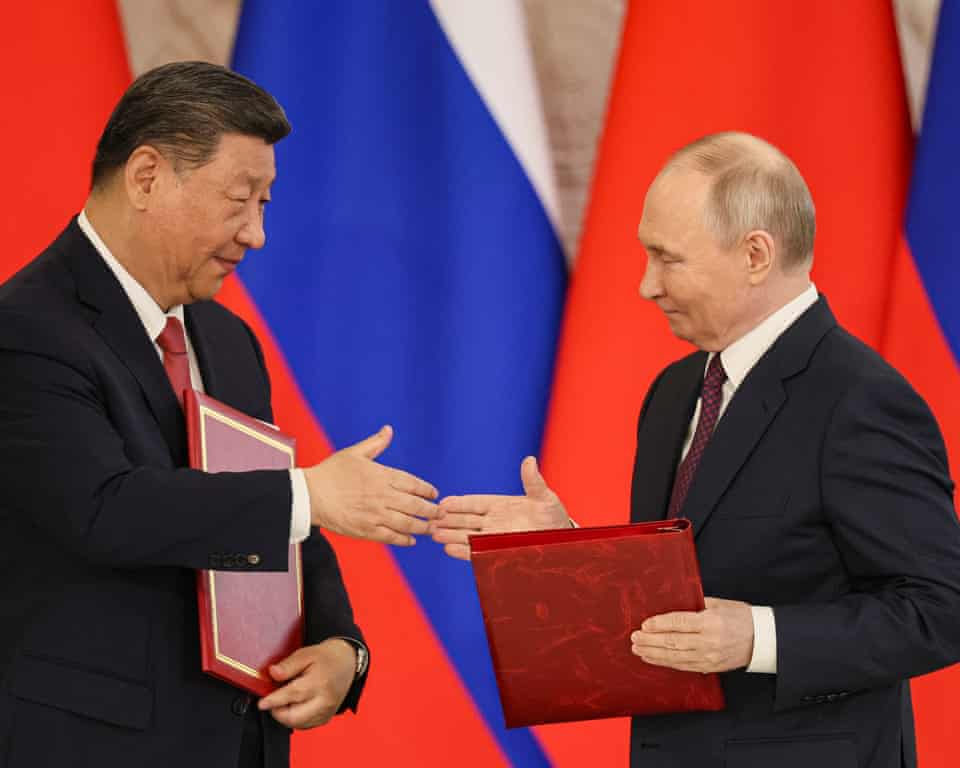In a striking shift that raises questions about the ideological direction of BRICS, neither Russia’s President Vladimir Putin nor China’s President Xi Jinping will attend the upcoming summit in Brazil, set to begin on Sunday. This marks a rare absence for both leaders, who have historically been staunch advocates of the bloc once seen as the developing world’s alternative to the G7.
Xi, 72, has been a fixture at BRICS summits for over a decade. This year, however, he will be replaced by Premier Li Qiang, with Chinese officials citing scheduling conflicts as the reason, though no further explanation has been provided.
Putin, meanwhile, remains under an international arrest warrant issued by the International Criminal Court (ICC), accusing him of orchestrating the abduction and deportation of thousands of Ukrainian children. His potential presence at the summit in Rio de Janeiro would have placed host country Brazil, an ICC signatory, in a diplomatically precarious position. A similar situation unfolded in 2023 when Putin cancelled plans to attend the South African BRICS summit after President Cyril Ramaphosa admitted he could not ensure the Russian leader would not be arrested.
What this year’s BRICS is?
This year’s summit comes on the heels of a rapid expansion of the BRICS group, originally founded by Brazil, Russia, India, China, and South Africa. In 2023, the bloc extended membership to six more nations: Indonesia, Iran, Egypt, Ethiopia, Saudi Arabia, and the United Arab Emirates. While this expansion broadens the group’s geographic and economic reach, it has also raised concerns among founding members about the erosion of ideological coherence.
Critics say the addition of countries with varying degrees of authoritarian rule has skewed BRICS toward autocracy, making democratic members like Brazil, India, and South Africa increasingly uneasy.
Analysts suggest the absence of Xi and Putin could reflect internal tensions within BRICS and a reassessment of its strategic value, particularly as it attempts to redefine itself in a shifting geopolitical landscape.
Speaking at the Overseas Development Institute in London, former Brazilian foreign minister and current ambassador Antonio Patriota emphasised Brazil’s view of BRICS as part of a broader movement towards a multipolar world order. He argued that the decline of traditional western dominance, particularly under the influence of Donald Trump’s “America First” doctrine, was accelerating this shift.
“The US, through its policies, including on tariffs and sovereignty, is accelerating the transition to multipolarity in different ways,” Patriota said. He also pointed to growing transatlantic divergence: “It’s difficult to argue today that Europe converges with US policy on trade or on security or on sustaining democracy, for example. So where there used to be one unique western pole, now perhaps there are two.”
As BRICS enters this new chapter, the summit in Brazil will be closely watched for signs of unity, or fracture, within the bloc. Whether its expansion strengthens its role as a global counterweight to western powers or further dilutes its purpose remains an open question.



